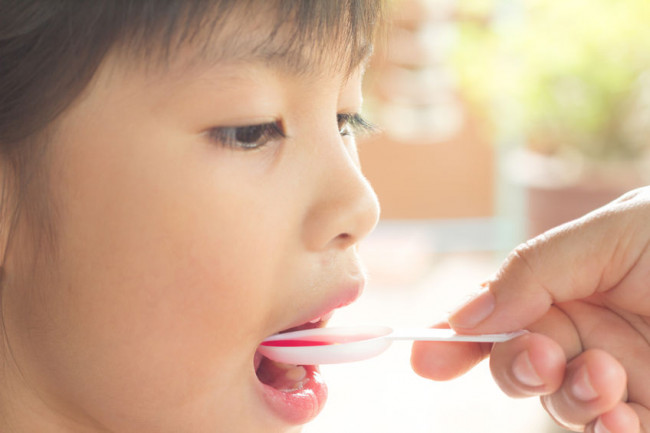Medsafe, a unit of the Ministry of Health, New Zealand, has assessed the safety and effectiveness of cough and cold medicines in children. They have advised the following:
Children aged 6 years or younger
Decongestant nasal sprays: Medsafe recommends that parents and carers should not use decongestant nasal sprays or drops that contain oxymetazoline and xylometazoline for children aged under the age of 2 years. Examples include Otrivin®, Drixine®, Sudafed®, Vicks®.
Cough and cold medicines: Medsafe recommends that parents and carers should not use over-the-counter cough and cold medicines for children aged under 6 years. This is because there's no evidence that cough and cold medicines work in children. There is also a risk of serious side effects, such as abnormal heart rate, allergic reactions and reduced consciousness in children. Also, there is a greater risk of accidental overdose so cold and cough medicines may cause more harm than good in young children.
| Medicines containing the following ingredients should not be used in children under 6 years of age |
- guaifenesin
- phenylephrine
- doxylamine
- ipecacuanha
- brompheniramine
- promethazine
|
- dextromethorphan
- chlorpheniramine
- triprolidine
- pholcodine
- diphenhydramine
|
Note: Paracetamol and ibuprofen are not classed as cough and cold medicines and can still be given to children.
Children between 6 and 12 years of age
For children aged between 6 and 12 years, cough and cold medicines can be used, as there's less risk of serious side effects in older children. However, for this age group they are only available from pharmacies and should be given following the advice of a pharmacist.







